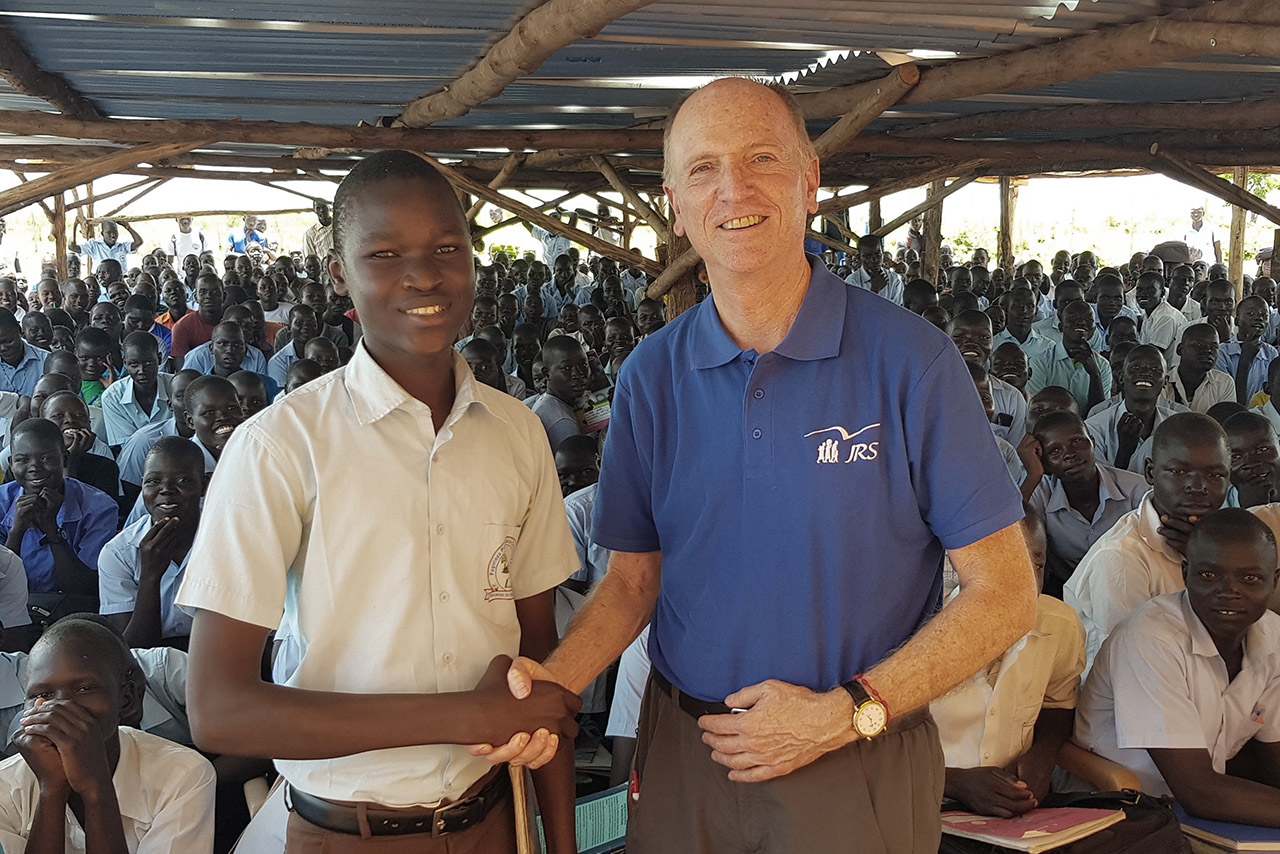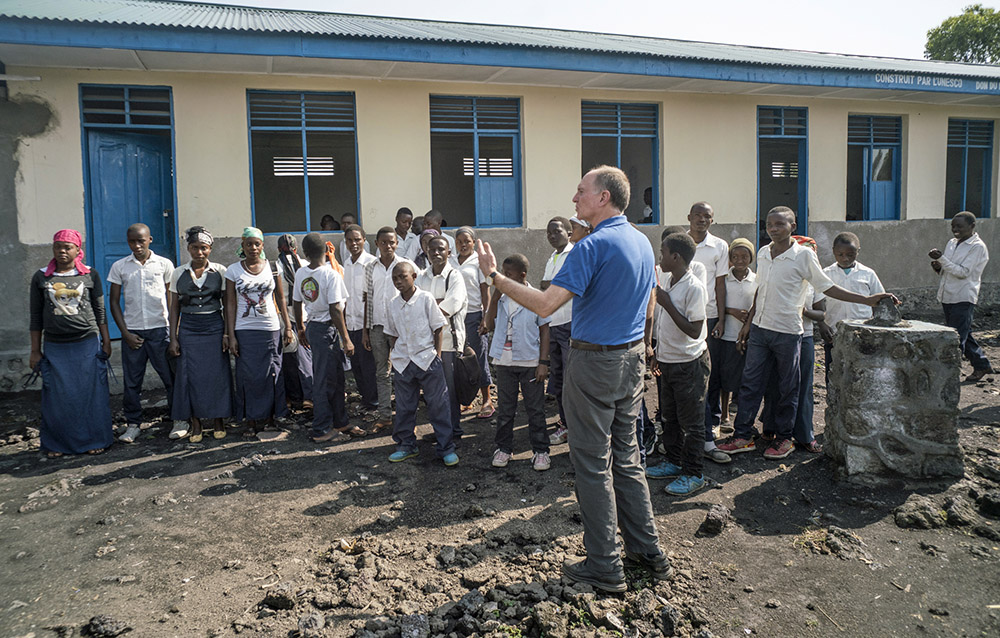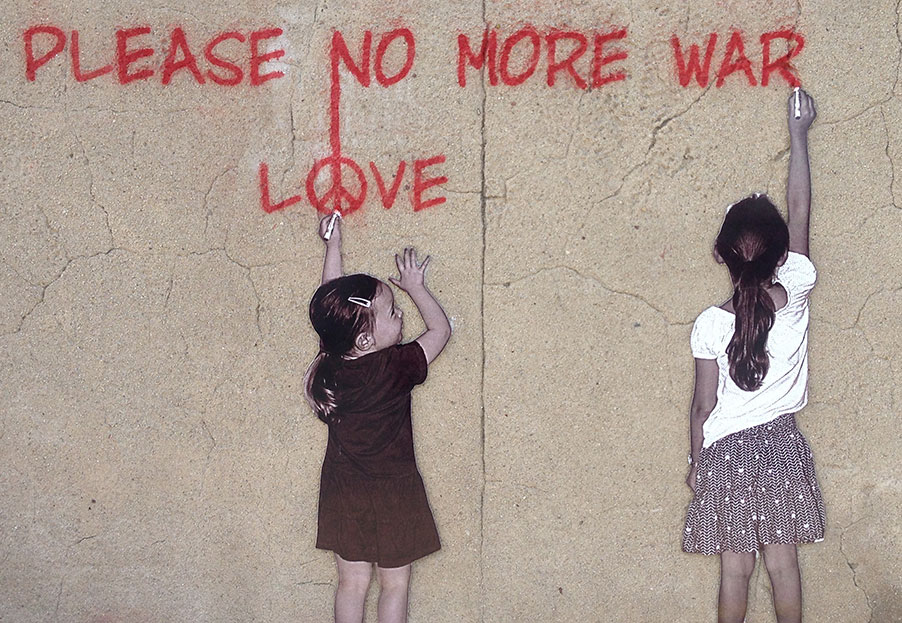Hope Lives: A reflection by the Director of the Jesuit Refugee Service (JRS)

In his letter published at the end of December, Fr Thomas Smolich, International Director of JRS, looks back on the year 2019 highlighting some commitments and achievements of this Jesuit NGO, one of the most present among all those working with refugees and forcibly displaced persons. His reflection, which has a spiritual dimension, gives contemporary meaning to the hope the prophet Isaiah upheld when he wrote: “They shall beat their swords into plowshares, and their spears into pruning hooks”.
Here is Father Smolich’s letter:
Looking over 2019, people I have met this year come to mind. Forcibly displaced women and men who remind me of God’s presence, staff who accompany and serve in ways beyond telling, and the JRS extended family whose spiritual and financial support sustains our mission - all are with me as we prepare for 2020.
I often hear the word resilientin reference to forcibly displaced people. Resilient individuals can absorb and overcome adversity in its many forms, and this quality describes many refugees I met this year. Yet it is a term that can keep refugees at a distance; the cedars of Lebanon and stone walls are also resilient.
The distinctly human word for resilience is hope. Hope is a virtue and perspective, a grace that allows us to live today believing in a future neither clear nor certain. Hope is not optimism, the dubious thinking that tomorrow will be better. Hope is born of suffering; it gives strength to the weary and brings people together to form a future known only in God’s love. To quote former JRS International Director Mark Raper SJ, “hope is a promise that takes root in the heart... (hope) enables us to live fully in the present moment.”

I was blessed to experience hope in many forms this year. I witnessed a Rohingya refugee testify how training to become a classroom leader was the catalyst to discovering her voice as a woman. She finds hope where more than one million Rohingya in camps have no obvious solution to their displacement, and the world seems indifferent.
In Maban, South Sudan I heard educators speak of the importance of the teacher training they offer for refugees, the local community, and internally displaced South Sudanese. Many of them were educated as children by JRS in Ugandan refugee camps twenty years ago; their hope continues to inspire and impel.
In Soacha, Colombia, I met a Venezuelan mother who left home with her husband and baby because they could not find medicine for their epileptic older son. “When we arrived, he was curled up in a ball; now he is walking again.” Hope lives and gives thanks.
Hope, of course, is grounded in the faith of refugees and in our faith as a ministry of the Society of Jesus. Hope remains empty without love, and, as St. Ignatius reminds us, love is better shown in deeds than in words. Yet in the face of opposition, trauma, and suffering, hope abounds - spears become pruning hooks.
May this holiday season be filled with hope for all, and may 2020 bring a future built on hope - as well as love that is shown in deeds - for forcibly displaced people around the world.







